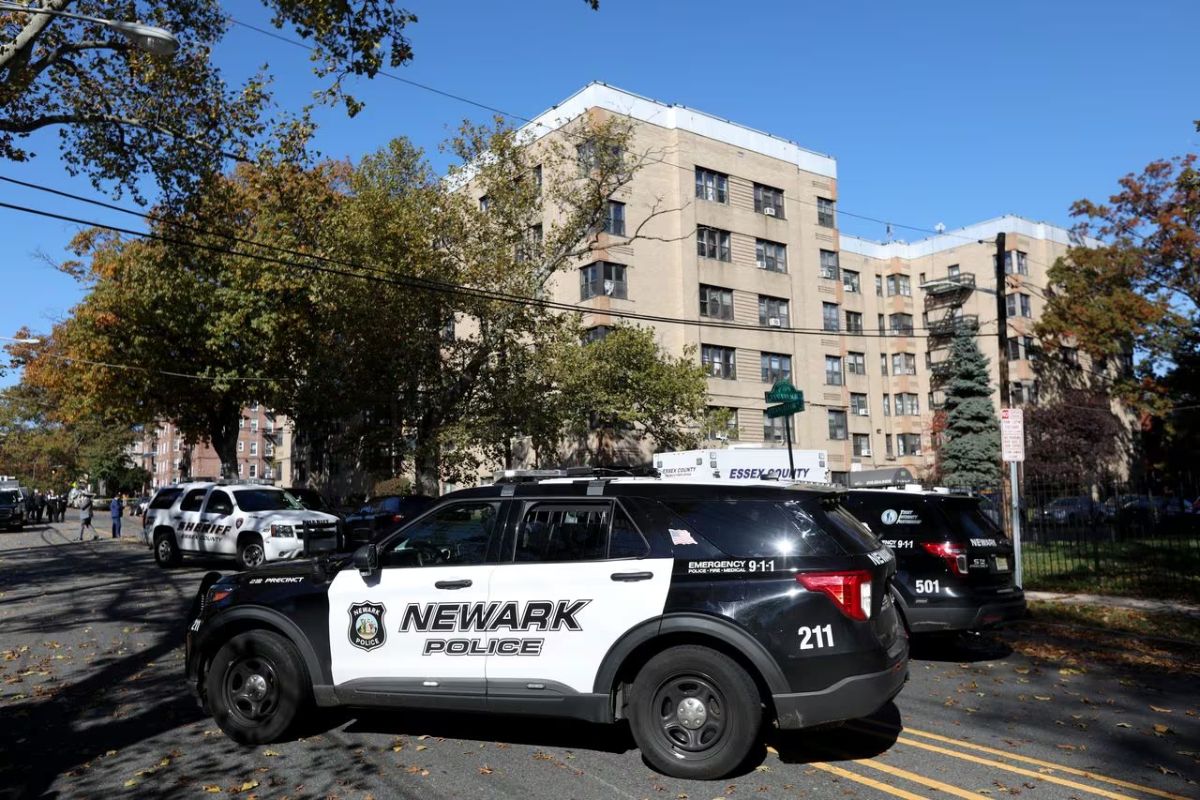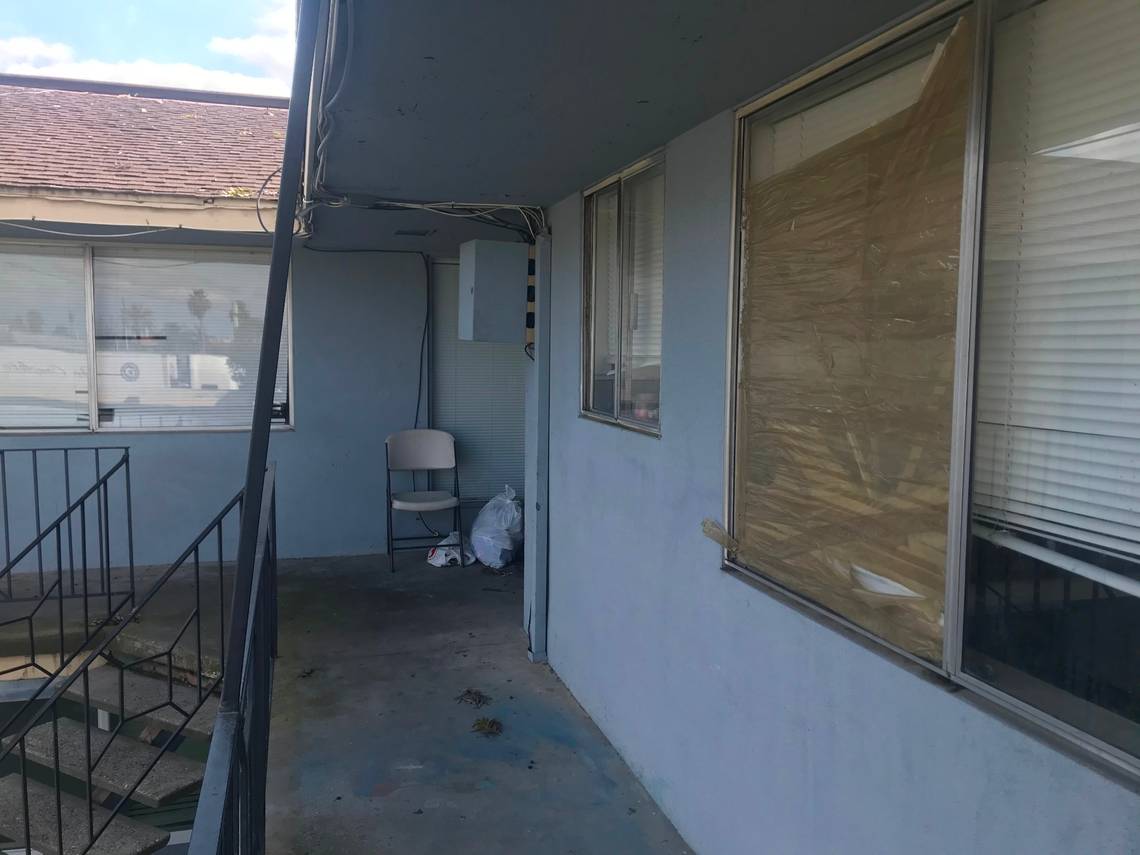Landlords who receive payments related to rental properties may need to fill out a W-9 form. A W-9 is a document used by the Internal Revenue Service (IRS) to verify a person or company's tax identification number.
In this article, we will answer common questions about why landlords need to provide a W-9 and how it is used.
What is a W-9?
A W-9 is a document that the IRS provides for individuals, corporations, etc. to utilize in verifying their social security or tax identification number to other entities. It is filled out by the landlord or their representative.
The W-9 collects identifying information like the landlord's name, address, and Taxpayer Identification Number (TIN), which is either a Social Security Number or Employer Identification Number.
Related: What Is A Re-letting Charge?
Why do you need my information if it is the tenant who is applying for assistance?
A landlord may need to provide a completed W-9 if a tenant receives rental assistance payments that are considered income for the landlord. For example, a tenant's application could be approved for past due rent, an emergency car repair to commute to work, or a security deposit.
The assisting organization is required to report any payments of $600 or more to the IRS. A W-9 allows them to verify they are paying the correct landlord and report the income correctly.
How does providing a W-9 help my tenant?

By submitting a W-9, a landlord enables a tenant's application for emergency rental or security deposit assistance to be processed. If approved, the funding can help the tenant avoid eviction or homelessness due to an unforeseen crisis outside of their control. This keeps families and seniors stably housed, which benefits both tenants and landlords.
What is done with my information?
The information collected on a landlord's W-9, along with details of any payments made, is reported to the IRS at the end of the year. This allows the assisting organization to comply with tax reporting requirements.
Is it confidential?
Yes, a landlord's personal information is kept completely confidential by the assisting organizations. Only a small number of high-level staff have access when needed for application processing. All employees are trained on diligently maintaining confidentiality of documents.
What happens if funding is approved?
If a tenant's application receives approval, the landlord will typically receive a check within 7-10 business days via mail. Landlords should contact the case manager if funds are needed sooner. Any check must be returned within 10 days if unable to be used as approved.
What do I do with the check once I receive it?
While the funds provided are a grant for the tenant, landlords must treat them as if coming from the tenant when used for the approved purpose like back rent or a security deposit. The deposit itself isn't returned to the agency when the tenant moves out. This is to help the tenant remain housed long-term without needing further assistance. Landlords must comply with local deposit refund laws.
Conclusion
Completing a W-9 enables landlords to legally receive assistance payments that help keep their tenants stably housed during financial crises outside of their control. It allows funding organizations to fulfill tax reporting duties while protecting personal information.





